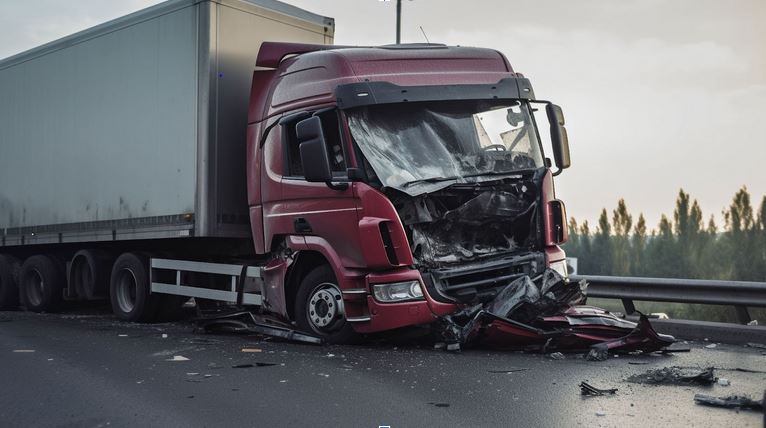Legal Path to a Truck Accident Settlement in Aurora: Your Guide

When it comes to settling a legal case in Aurora, Colorado, there are specific laws and a legal process that govern the settlement proceedings. Understanding these laws and the steps involved can help you navigate the settlement process more effectively. Here’s an overview of the laws and legal process for settlement in Aurora:
Colorado Laws:
Colorado follows comparative negligence laws, which means that each party involved in the accident can be assigned a percentage of fault. The amount of compensation a plaintiff receives may be reduced proportionately based on their assigned percentage of fault.
Initial Consultation:
Before initiating the settlement process, it’s important to consult with an experienced attorney who specializes in personal injury. They will assess your case, review the facts, and provide guidance on the legal options available to you.
Investigation and Gathering Evidence:
Your attorney will conduct a thorough investigation to gather evidence that supports your claim. This may involve obtaining accident reports, medical records, witness statements, photographs, and any other relevant documentation. Strong evidence strengthens your position during settlement negotiations.
Demand Letter:
Your attorney will prepare a demand letter outlining your injuries, damages, and the compensation you are seeking. This letter is typically sent to the insurance company representing the at-fault party, outlining your case and your willingness to settle out of court.
Negotiation:
The negotiation process begins with the insurance company’s response to your demand letter. Your attorney will engage in discussions with the opposing party or their insurance representatives to negotiate a fair settlement. They will advocate for your best interests, considering the full extent of your damages.
Mediation:
If initial negotiations do not result in a satisfactory settlement, mediation may be the next step. Mediation involves a neutral third party, the mediator, who facilitates negotiations between the parties. The goal is to reach a mutually acceptable resolution. If successful, a settlement agreement is drafted.
Settlement Agreement:
Once the parties agree to a settlement amount, a settlement agreement is drafted. This legal document outlines the terms of the settlement, including the amount to be paid, the release of liability, and any other relevant conditions. Both parties sign the agreement, finalizing the settlement.
Court Approval:
In certain cases, such as settlements involving minors or incapacitated individuals, court approval may be required. The settlement agreement is presented to the court for review and approval to ensure it is fair and in the best interests of the individual involved.
Disbursement of Funds:
Once the settlement agreement is finalized and approved, the funds are disbursed. This may involve the insurance company issuing a check to your attorney, who will then distribute the settlement amount to you after deducting any legal fees and expenses.
End Note:
It’s important to note that the settlement process can vary depending on the specific circumstances of your case and the parties involved. Having an experienced attorney by your side can help you navigate the legal process, negotiate effectively, and ensure you receive a fair settlement in accordance with Colorado’s laws.
our location
schedule a consultation
fields marked with an “*” are required


